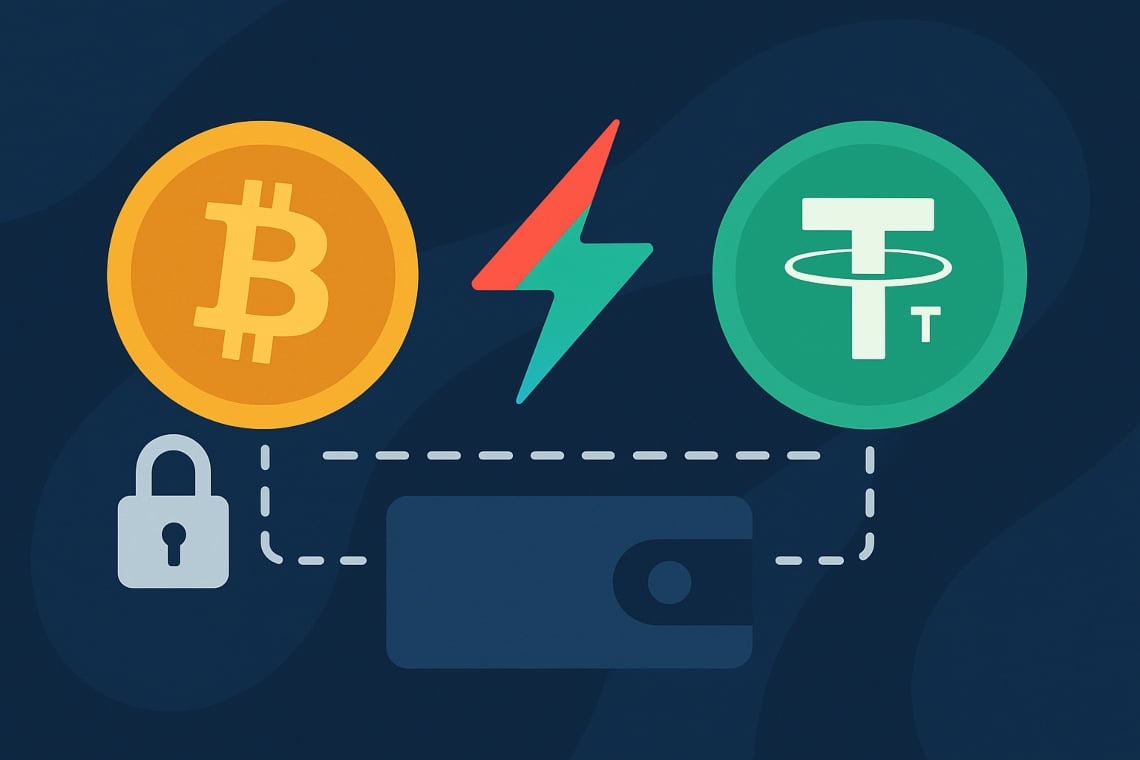What if an AI agent signs transactions on your behalf?
Imagine opening your wallet app, but instead of approving every swap, bridge, or stake, an AI agent does it for you. It reads the contract, checks risks, compares options, and signs the “best” choice in seconds.
No more gas anxiety. No more decoding cryptic approvals. Your AI assistant just “handles it.”
Sounds like freedom. But what’s really happening when we hand over that power?
Delegating trust to a machine
Web3 today is built on explicit user consent. Every transaction needs a signature, and every signature implies: I understand what’s happening.
But let’s be honest — most people don’t. They click “approve” on unreadable prompts. If an AI agent takes over, that gap widens. Instead of you not understanding, now you don’t even see.
This shifts the trust model from:
The agent becomes a new layer of abstraction. And with abstraction comes both safety and danger.
The upside
- Speed & convenience
AI can parse contracts instantly, catching risks humans would miss. Approvals could become frictionless, without sacrificing security. - Context-aware decisions
Agents could weigh gas prices, slippage, and token approvals against your personal preferences, then act accordingly. - Always-on protection
Instead of reacting to phishing attempts, an AI guard could intercept malicious contracts before you even see them.
The downside
- Loss of agency
If your AI decides what’s “safe” to sign, are you still in control? Users may become passive, unable to contest decisions. - Single point of failure
Compromised AI = compromised wallet. If the model is poisoned, your assets could drain in seconds. - Opaque decision-making
If an AI declines to sign a transaction, can it explain why in a way you trust? Or will users face the same opacity they do with contracts today — just one layer higher? - New attack surface
Imagine adversaries training prompts to trick the AI. Instead of phishing humans, they’ll phish machines — and the stakes will be higher.
UX implications
- Explainable approvals
Every AI-driven signature should come with a human-readable rationale: “I signed this swap because it’s from Uniswap V3, with your preset max slippage, and no unusual approvals.” - Override paths
Users must retain the ability to bypass or veto. AI should recommend, not dictate. - Granular delegation
Maybe your agent handles micro-payments but asks for confirmation on large transfers. Trust should be flexible, not absolute. - Transparency of the agent itself
Who trained it? Where is it running? How is it updated? Without clear answers, the AI becomes another black box.
Why it matters
The core promise of Web3 is self-sovereignty: you control your assets. But sovereignty means responsibility, and responsibility often feels like friction. AI agents promise to smooth that friction, but at the cost of moving power away from you.
The real design challenge isn’t
It’s
If we solve that, AI won’t just automate Web3 — it’ll make it usable.
What if an AI agent signs transactions on your behalf? was originally published in Coinmonks on Medium, where people are continuing the conversation by highlighting and responding to this story.
You May Also Like

Tether brings USD₮ to Bitcoin with RGB: native stablecoin, privacy, and reduced costs. Here’s what’s changing

Grote dag morgen voor Bitcoin: markt vreest voor belangrijkste inflatiemeter
